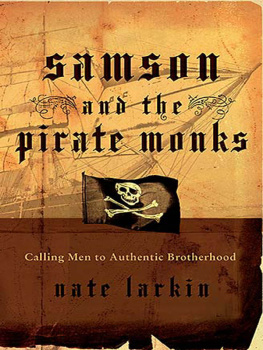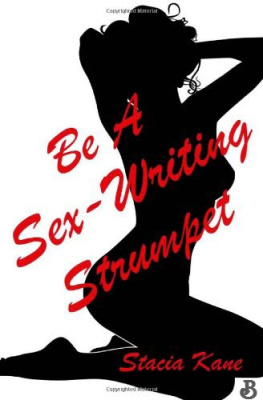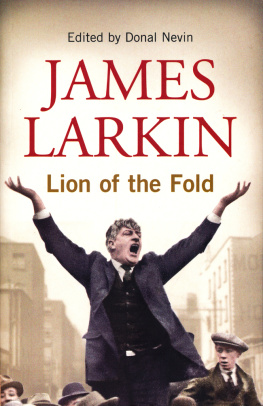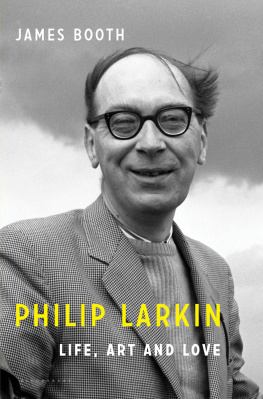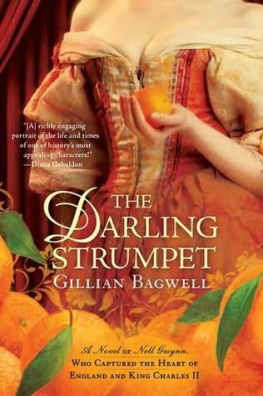
To Valerie
Speaker: Shall we sit down together for a while? Here on the hillside, where we can look down on the city . . .
Strumpet city in the sunset
So old, so sick with memories
Old Mother;
Some they say are damned
But you, I know, will walk the streets of Paradise
Head high, and unashamed.
The Old Lady Says No, Denis Johnston
BOOK ONE
19071909
CHAPTER ONE
At 3.15 a.m., with spectral quiet, His Majestys yacht Victoria and Albert approached the harbour mouth and lay to. And at half past six, with the first light, the workmen had finished. They looked with some pride on the result of their labours. The floral arch was ready for the disembarkation. It stood mute and beautiful at the harbour mouth, its green leaves stirring a little in the dawn breeze, its crimson and gold banner announcing the warm welcome of the citizens with the words,
Come Back To Erin
God Bless Our King.
From the gardens by the shore and from the garlands entwined about railings and lamp-posts throughout the town of Kingstown the wind stole the sweet breath of thousands of flowers. It had been a tender July night, calm at sea, warm on shore. Now that dawn had come they could see the fluttering pennants of the battleships, the three-stringed bunting about the clubs on the waterfront, the greenery and flowers entwined about the masts of the private yachts, the crimson and gold banners overhanging the sides. In contrast, the landing stage was dressed in St. Patricks Blue and Cream.
They went up through the town, under bunting and streamers, Japanese lanterns and fairy-lights, thousands of coloured gas-lamps. The workmen were tired. Their boots made an early-morning din. Their tongues were silent. They wanted their breakfasts.
Mary peeped from her bedroom window and saw them pass. Then she looked down the street and felt a thrill of excitement. She hoped to have the day off, because Mrs. Bradshaw had said either she or Miss Gilchrist, the cook, could take a free day in honour of the occasion. Miss Gilchrist had said she would refuse. She had political views and did not approve of British royalty. Marys difficulty would be to contact Fitz and tell him. They could look at the procession to the Viceregal Lodge and perhaps visit the prison ship which was lying at Custom House Dock. The advertisements said it was one hundred and seventeen years old, with cells on it and lifelike wax figures of prisoners. Mary was not sure that she would care much for that. But if Fitz was with her she might chance the visit.
She dressed quickly. She was not quite sure what shift Fitz was on, but she had left a note at the sweetshop to say that she would be off if Miss Gilchrist did not change her mind. They used the sweetshop as a post office. Fitz called out from the city when he was free and if there was no note he went off swimming at Seapoint. It had been hard to arrange meetings at first, because Fitz worked six twelve-hour shifts a week. Sometimes he was on night work and other times on day work. She had found it necessary to pretend that she had an aunt in the city in order to get out more frequently to see him. It was easy enough to deceive Mrs. Bradshaw about it. She was kind and prepared to be lenient if it helped Mary to make occasional visits, especially as Mary had said that the lady was old and delicate. She had not so far asked why Marys father, in his occasional letters about his daughters progress and welfare, had never mentioned the aunt, but the possibility that it might one day occur to her to do so had to be considered. The thought sometimes troubled Mary, but never for long. She was young, she was learning a job, she was happy to have swapped her fathers small farmhouse in County Cork for the luxury of serving in a large residence in the fashionable township of Kingstown. The Bradshaws were not demanding.
Mary knocked at the door of the Bradshaws bedroom at seven oclock. They wished to breakfast early and to view the proceedings from their window. She prepared the breakfast room and was drawing the curtains when the door handle turned and a gentle voice said:
Good morning, my dear.
It was Mrs. Bradshaw.
Good morning, maam.
Tell Cook to have the tea especially strong this morning. Mr. Bradshaw had a most restless night.
Yes, maam, Mary said. As she turned, the light fell full on her face, so that Mrs. Bradshaw smiled and remarked:
You look very pretty this morning. And such a lovely colour in your cheeks. I expect it is the excitement.
Mary inclined her head modestly, letting her dark hair swing down against her cheeks.
Have you and Cook decided between you who is to have the day off?
I think its me, maam.
I, dear.
I, maam,
Mrs. Bradshaw acknowledged the correction. She was a short, grey woman of about fifty. The one child of her marriage had died when he was three. Nature had refused to repeat the experiment, which was a great blow. But it had taught her what it was to suffer and it had given her patience and understanding in her dealings with others. She said:
Im glad its you. Youre young and will enjoy it. Besides, you will probably find time to visit your aunt.
Mary coloured a little but Mrs. Bradshaw did not notice. She was peering through the window. Mary slipped out. Mrs. Bradshaw found that the sky was overcast. That was a pity. If it rained it would be such a disappointment to the Kingstown Decoration Committee.
The kitchen had a large window to compensate for the fact that it was a little below the level of the garden. Miss Gilchrist, the cook, prepared two portions of fresh fruit while Mary waited. In addition there was a liberal dish of liver and bacon and eggs for Mr. Bradshaw, who had the habit of dining more heartily than his thinnish frame would lead one to suppose. For Mrs. Bradshaw, who had never taken meat on Wednesdays since the death of her child, there was toast to go with her lightly boiled egg.
She was asking again about which of us was taking the day, Mary said, while she waited.
I told you last night, Miss Gilchrist said, Ive more to do than stand gawking at King Edward.
But are you sure?
Or Queen Alexandra.
The decorations are wonderful, Mary said. I was looking down at them from the bedroom window.
And you can tell herself that if she doesnt know my feelings on the subject of King and Empire by this time she damn well ought to, seeing Im over thirty years with her.
I couldnt very well say that to her, Mary said, laughing.
Hes not Irelands king, anyway
What difference does it make, whether he is nor not?
You call yourself an Irishwoman, and you ask a question like that.
Ah, its only a bit of excitement, Mary said, because she saw that Miss Gilchrists hands were trembling and her cheeks flushed with suppressed rage.
God be with my poor father and the brave Fenian brotherhood. There was men for you. Not like whats going nowadays.
Taking the tray and trying to ignore the old womans anger, Mary said:
Dont forget that theyll be firing off the guns at eight oclock. They make a terrible noise, Im told.
Miss Gilchrist cocked her head as she squinted through the window at the overcast sky. With great satisfaction she said:
Im glad to hear it. I hope it brings the bloody rain down on them.
At breakfast Mr. Bradshaw betrayed his agitation several times by laying down his paper to consult his watch. He felt that the whole business of the visit was being overdone. He was not opposed in principle to honouring the royal visitors. As a retired civil servant he knew where his duties and his loyalty lay. He approved, for instance, of municipal decorations. In the paper he was trying to read, under the heading Kingstown Decoration Committee, the Chairman Arthur E. Mills, Esq., J.P., and the secretary M. A. Manning, Esq., Town Clerk, jointly acknowledged several subscriptions, including one of one guinea from R. A. Bradshaw, Esq. And, although neither he nor Mrs. Bradshaw would, for the life of them, venture that day into the crowded and confused streets, they had arranged to watch the procession from a window on the second floor, from which he had already hung a large banner with the words God Save Our King picked out in gold letters. The evening would be marked by a special meal followed by an intimate musical party.
Next page

